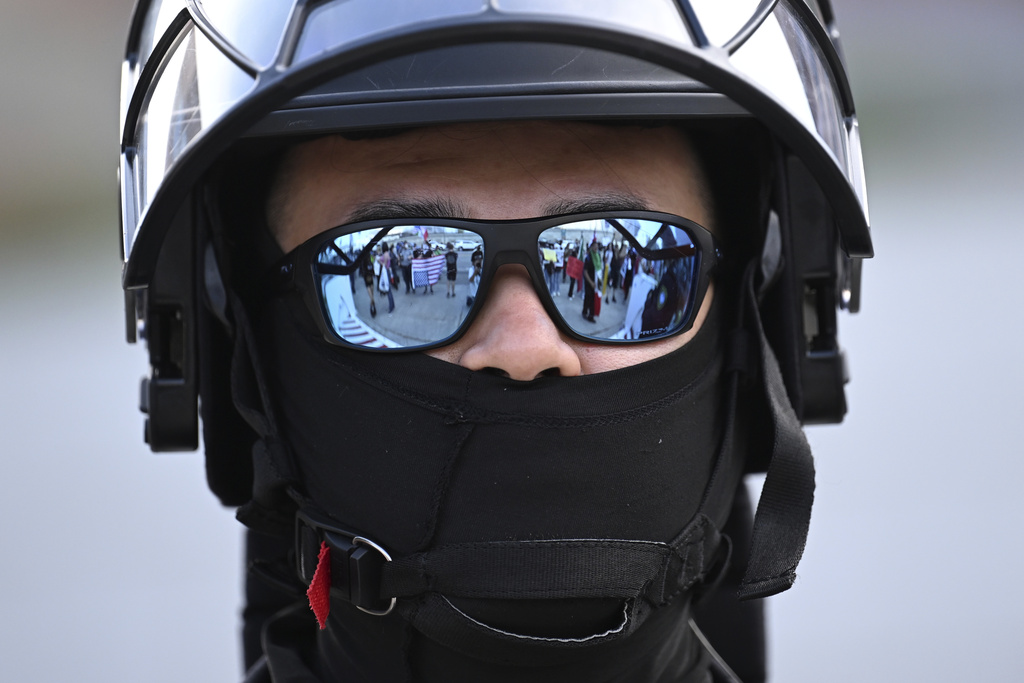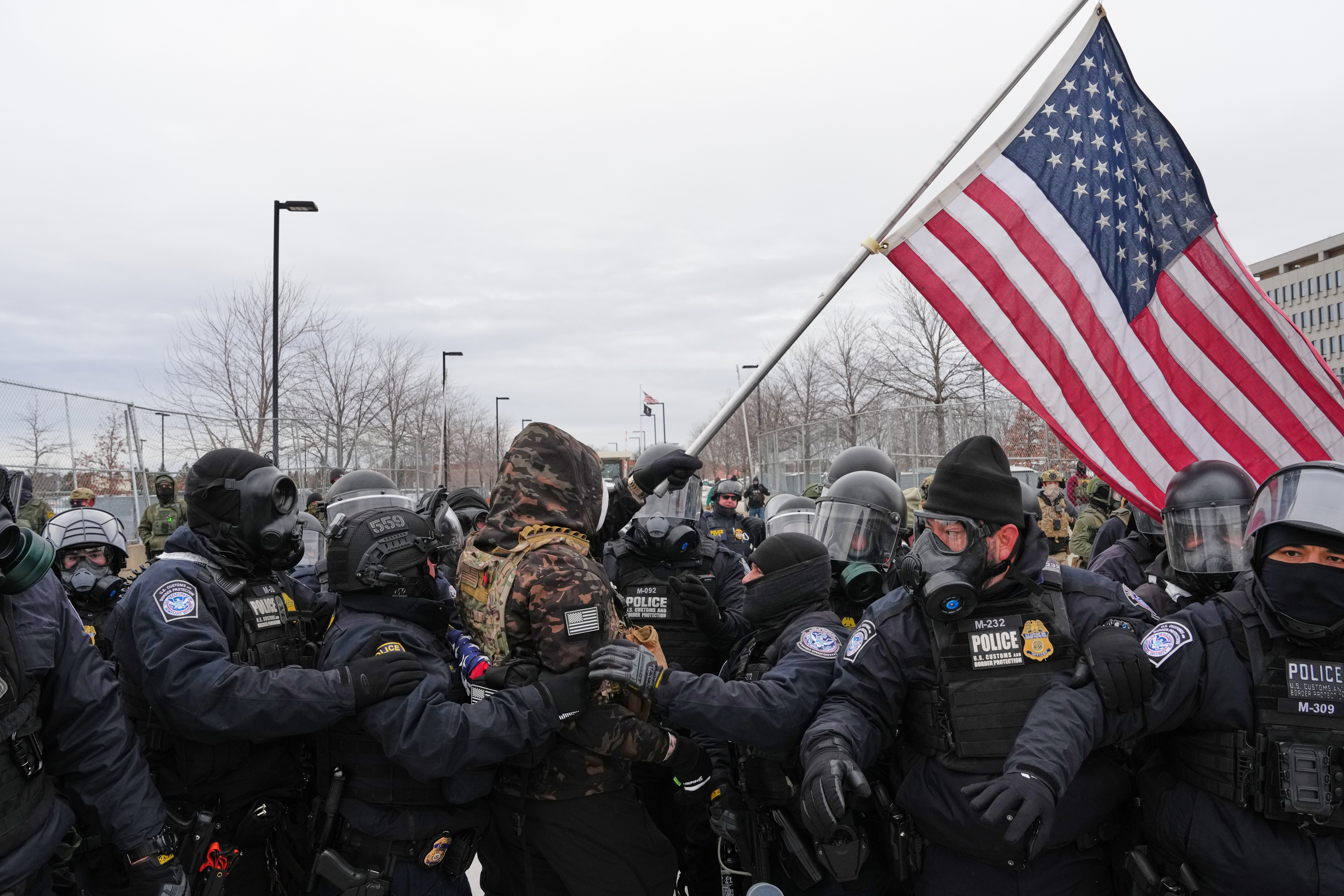It was a dire warning from an NBC news report — Chief Foreign Correspondent Richard Engel claiming that visitors and athletes going to Sochi for the Olympics would be hacked almost instantly upon entering Russia.
BRIAN WILLIAMS: "Visitors to Russia can expect to be hacked."
ENGEL: "It had taken hackers less than one minute to pounce. Within 24 hours, they'd broken into both computers and started helping themselves to my data." (Via NBC)
In the report, Engel, with the help of American security expert Kyle Wilhoit, uses brand-new computers and smartphones to access the Internet in Russia. Engel claims they were hacked "almost immediately."
But now Internet and cybersecurity experts are responding to those claims — calling them everything from "misleading" to "fabricated." (Via RT)
In perhaps the most heated response, Robert Graham of Errata Security writes in a blog post that the report is "100-percent fraudulent" and "wrong in every salient detail."
He even goes so far as to detail multiple instances where, in his opinion, the report was incorrect, including that it was filmed in Moscow, not Sochi, and that the hack happens because of the websites users visit, not their physical location. He also claims that Engel initiated the download of a hostile Android app to his phone and had disabled a lock that prevents harmful downloads. (Via Errata Security)
As CNET reports, NBC has responded to those charges in another point-by-point takedown — arguing that Graham's claims were "completely without merit."
The outlet notes that in the report it attempted to make it clear Engel was in Moscow through the use of Moscow landmarks, that it's easier to get hacked in Russia than other parts of the world, and that "non-expert" users can "easily" fall victim to malware disguised as a friendly message. (Via CNET, Wikimedia Commons / NotFromUtrecht)
But some, including Wilhoit, the security expert seen in the video, have pointed out the reality of the situation is more complicated than simply true or false.
He responded to a series of questions about the piece on Twitter, writing: "Unfortunately, the editing got the best of the story. Cut a lot of the technical/context details out." (Via Twitter / @lowcalspam)
And others backed him up, including Mashable, which writes: "The devil is in the details, of course. Words like 'hacked' have a wide berth and stir up fears that are easily manipulated. The truth is at the same time more boring and even more dangerous than Engel can communicate in three minutes and 45 seconds."
Wilhoit now says he will be issuing a white paper to help viewers better understand the details of the report.
NBC has also released a behind-the-scenes video on the report.











